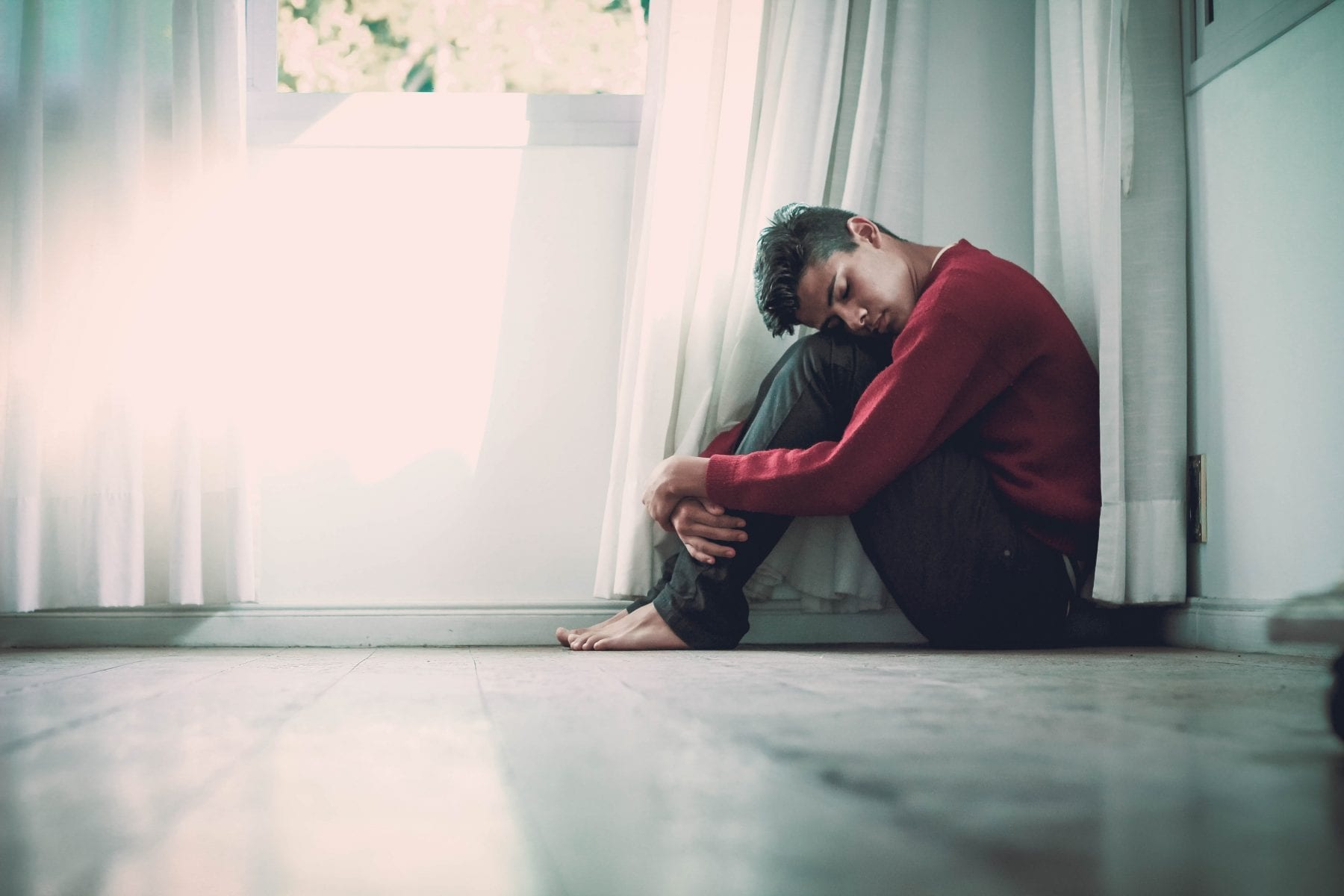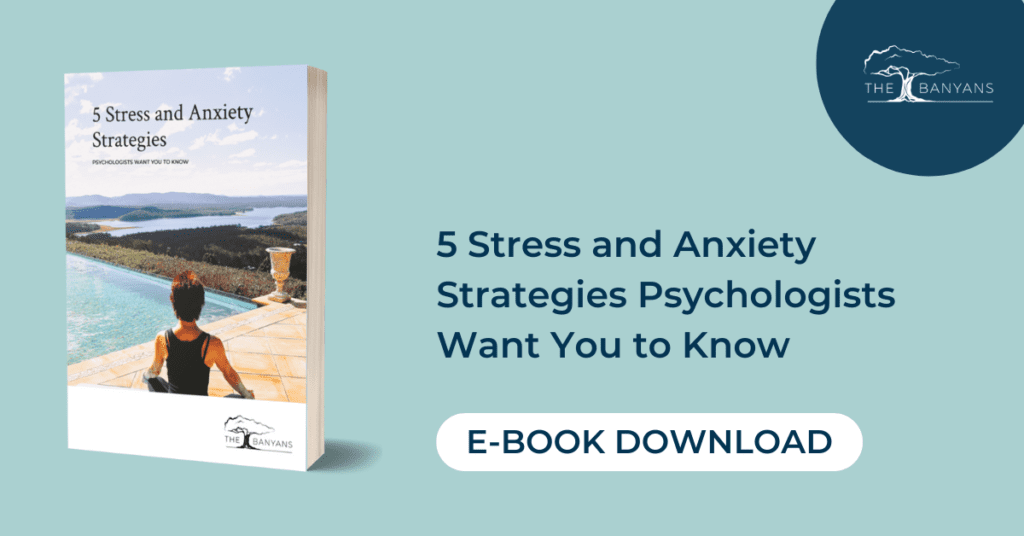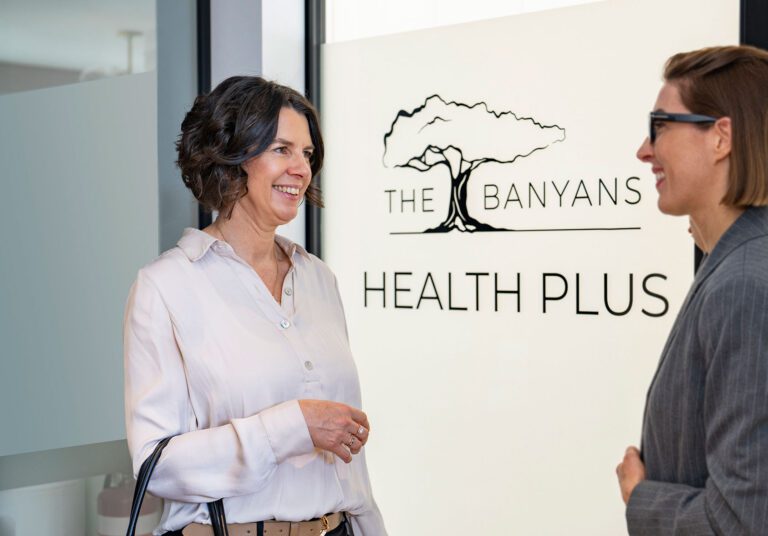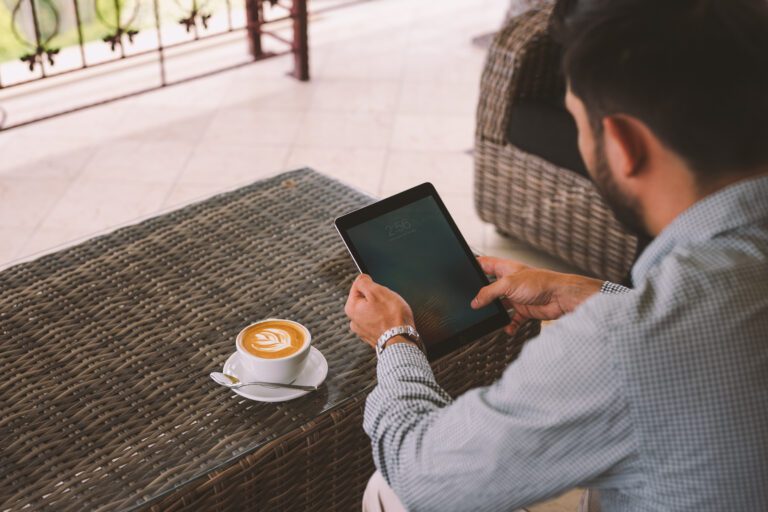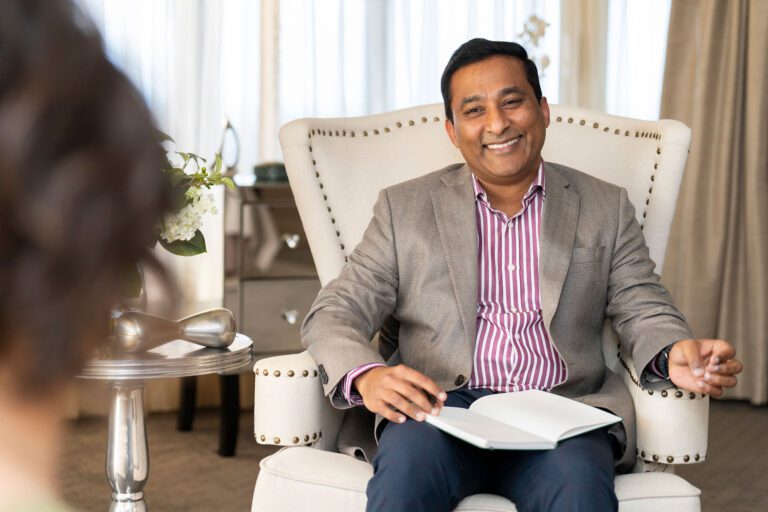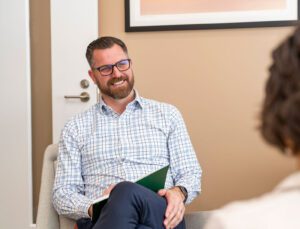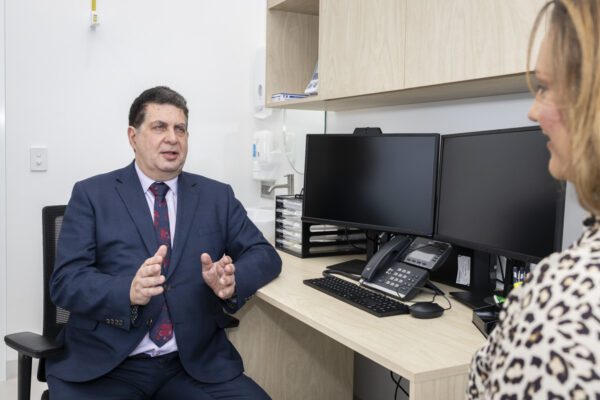
One in four Australians will experience an anxiety disorder at some stage in their lives, and experts believe that figure will only rise with the physiological impacts of 2020-2021 yet to be fully realised.
Anxiety disorders are the most common mental health conditions in Australia – with one in three women (30%) and one in five men (20%) living with symptoms of anxiety.
What is anxiety?
An anxiety disorder is usually diagnosed when a person cannot manage to function adequately in their daily life due to the frequency and severity of their anxiety symptoms.
Anxiety is an essential emotion that helps protect us from harm, but for the 25% of our population living with an anxiety disorder, their fight-flight response is activated in situations where no real danger is present. These situations vary greatly and are different from person to person.
An anxiety disorder triggers fight/flight response in situations where no real danger is present.
“Some anxiety is useful in our everyday lives, enabling us to arrive at work on time, meet family demands, walk busy streets, and remain aware of our surroundings,” says Peter Hayton Clinical Director at The Banyans Health and Wellness.
“But when anxiety prohibits you from undertaking everyday tasks, it might be something more clinical or a specific concern, like social anxiety, then it’s time to reach out for help.”
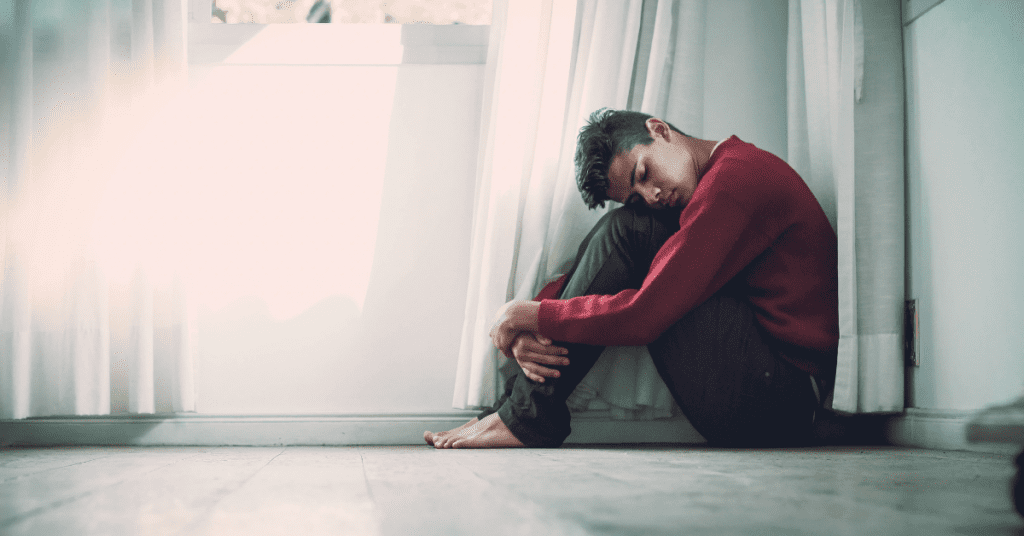
When to do something about your anxiety
If your anxiety keeps you from sleeping, working, interacting socially, or fulfilling errands for any amount of time, you need to talk to someone about getting help.
If anxiety is impacting your everyday life, it’s time to seek help.
Feeling anxious for more than half the week for six months or longer is a sign that it is time to talk to someone who can help you reclaim your life. Anxiety progresses from healthy to unhealthy when it disrupts your life.
Signs and symptoms of anxiety to look out for
- When anxiety stop you living your life the way you’d like to live it and stops you moving forward. Examples of this are achieving career goals, starting a hobby, travelling, and making commitments, big and small.
- When anxiety impacts your work, or your attempt to gain employment. When anxiety becomes an obstacle to striving for your goals.
- When you don’t stop working, and use tasks, jobs, and responsibilities as an excuse not to stop and relax, essentially robbing yourself of rejuvenating time doing something you enjoy.
- People with status anxiety are in relentless fear of being perceived as unsuccessful by society, and this non-stop work can help relieve their stress.
- Similarly, people with the belief that they are not as capable or qualified in their career as people perceive them to be, can develop anxiety from the psychological pattern known as Imposter Syndrome.
- When you excessively procrastinate and avoid tasks such as emails and phone calls because you’re “just not ready to deal with it”.
- When you overthink and worry constantly, and when you lose focus on important work or lose sleep at
- When you haven’t had fun in the last two weeks.
- When you’ve forgotten how to have fun.
- When achievements don’t give you a sense of accomplishment. If you’ve worked and strived and made sacrifices, yet you feel nothing when you achieve your goal.
- When you are constantly agitated and restless, and are dealing with panic attacks and anxiety attacks.
It’s time to be compassionate towards yourself and others that are living with anxiety.
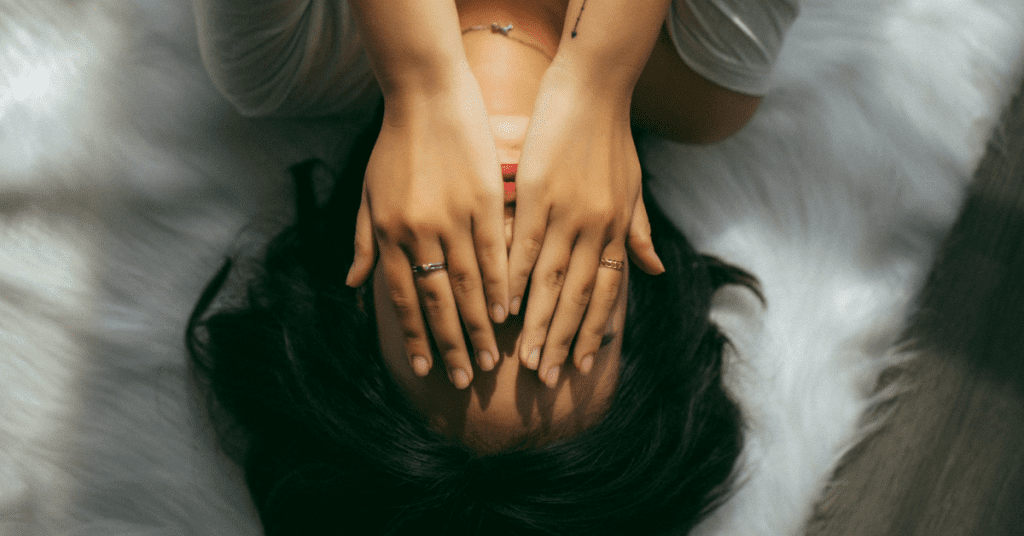
Self-compassion and anxiety
It is important to treat yourself with compassion and kindness when living with anxiety. There are a number of things you can do to relieve your anxiety, but see a doctor if your anxiety is overtaking your daily life or causing you distress.
Things you can do to be compassionate to yourself when dealing with anxiety:
- Routine, routine, routine. Repetitive daily routines are calming and can help reduce anxiety. They’ll also help you take control of your day.
- Go to bed and get up at the same time, creating daily body rhythms that you can depend on.
- Have a dark bedroom. A dark bedroom works in with your daily body rhythms, and lets your body and mind know it’s time to sleep.
- Try to eat and exercise at the same time each day. Your body will recognise the repetitive patterns and it will help you take control of your day.
- Get some sleep. The importance of a good night’s sleep cannot be underestimated. Adults need seven to eight hours of sleep to function. Whenever possible, make sure you get a minimum of seven hours sleep.
- Read a positive note, sentence, or relevant affirmation out loud to yourself within 30 minutes of waking up each morning. The first 30 minutes of your waking day resets your brain in a way that affects the rest of your day. It is important to create a positive state of mind while you are still waking up and your mind is most impressionable. If you can start the day with a positive thought by reading a note relevant to your life, your brain takes over and the positive thoughts will automatically occur. This is a form of gentle conditioning, meaning that your brain chemistry (neurotransmission) changes as a result of your new thinking habits.
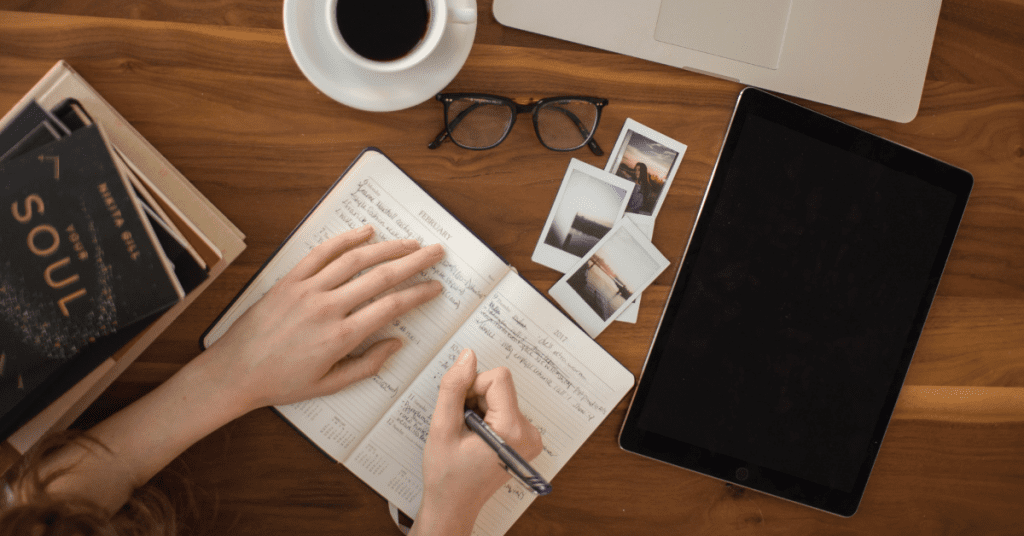
- Make your bed each morning. Making your bed each morning puts your mind into a productive mindset and can spark other productive tasks throughout the day. As Navy Seal William H. McCraven stated during his commencement speech at the University of Texas: “If you make your bed every morning, you will have accomplished the first task of the day. It will give you a small sense of pride, and it will encourage you to do another task, and another, and another.” Anecdotal and research-based evidence points to a link between tidying up and a clearer mind, improved mental health, and a better night’s sleep.
- Get out in nature every day if you can. Spending time in nature, breathing deeply, and getting away from technology improves your mood, helps you feel more relaxed, and can help with your physical health. Being outside in a natural environment can reduce feelings of stress or anger and can help you be more active and improve your physical health.
- Practice focused, deep breathing. If you can even out your breath on a regular basis, it will slow your heart rate down and help you stay calm.
- Write your thoughts down. Getting your thoughts out of your head and onto paper or a screen can make things appear less daunting, release pent up emotions, and grant you more self-awareness. There are more than 200 studies that show writing is has a positive effect on your mental health. There is no need to show this to anyone, or even keep your writing, or follow any structure. Any type of writing that helps you relax is good for your mental health.
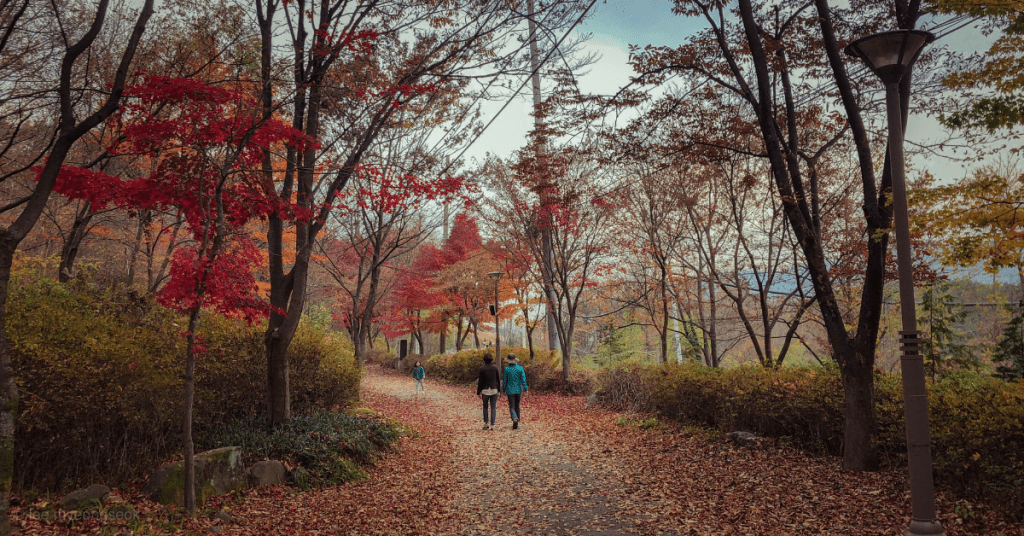
- Keep your diet as healthy as possible. Although changing your diet is a long-term strategy, eating something healthy and nourishing today can help improve your mood and energy levels. Clinical Nutritionist Lisa Cutforth recommends eating regularly and filling your diet with wholefoods and minimally processed healthy foods to stabilise your blood sugar. “Hunger and blood sugar highs and lows can make feelings of anxiety worse. Avoid caffeine, especially coffee as it can worsen the experience of anxiety, and make you feel a little edgy,” Lisa says, adding that it could be time to seek medical input if alcohol is used to cope with feelings of anxiety. “Try to eat well, try camomile or decaf teas like rooibos and peppermint, and get support to self-regulate through stress.”
- Exercise when you can. What is the best exercise to do for anxiety? It’s the exercise you can do. Choose your own exercise, something you enjoy, and do it as much and as regularly as you can manage. Your body and mind will thank you.
Download our stress and anxiety management e-book
Developed by qualified psychologists, this e-book goes through 5 actionable strategies you can implement to manage the stress and anxiety in your life.
Download the free e-book today.
Related: Helping someone with anxiety
What to do about your anxiety
Get help, sooner rather than later. The first step to regaining freedom from anxiety is to reach out for support.
Our friendly team at The Banyans Health and Wellness is ready to listen to your story, while helping you develop a plan for recovery at our luxury treatment residence.
Related: Learning to how to manage anxiety
Good news about anxiety
The good news about anxiety is that help is available, and you do not have to let an anxiety disorder disrupt your life. You deserve to experience freedom from the signs and symptoms of anxiety.
The Banyans Health and Wellness is a private treatment centre for those experiencing an anxiety disorder and other co-occurring conditions.
Our holistic approach incorporates medical, psychological, and natural therapies to ensure highest standard of research-based treatment and support while helping you develop a plan for recovery.
The Banyans Health and Wellness is available 24/7 to help you begin your journey towards a life without anxiety. You can call anytime on +61 1300 226 926 or submit an online enquiry to begin learning how we can help you rediscover the fullness of life.


